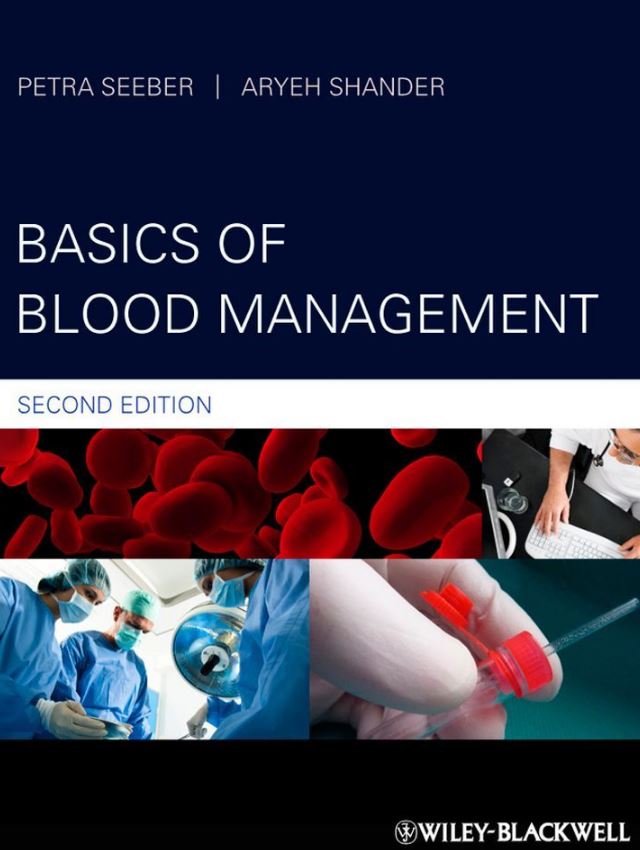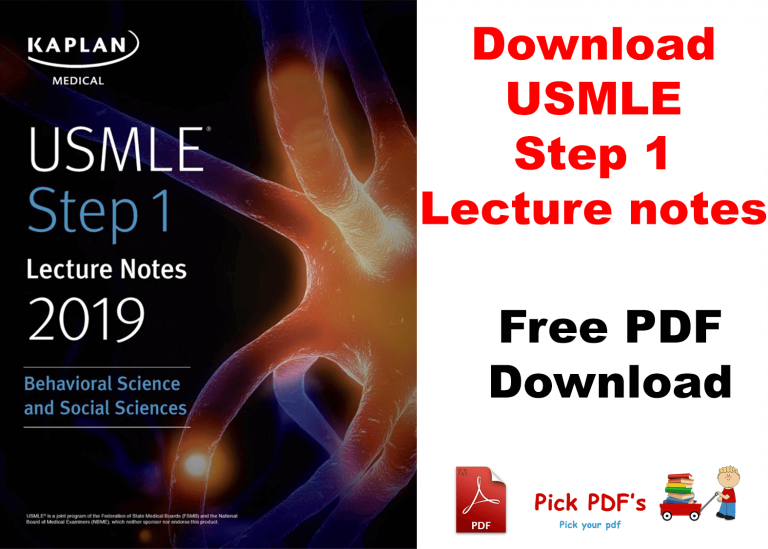Basics of Blood Management 2nd Edition PDF
Basics of Blood Management 2nd Edition PDF Free Download

Much has been done in blood management since the fi rst edition. This is not only true for the many scientifi c studies that elevate blood management out of the low plains of experience – driven action into the realms of evidence – based medicine. Many of the things that blood managers over the decades have observed have now been proven in randomized clinical trials. Other things in blood management that may have been driven by tradition and belief have come into question. These developments contribute greatly to the maturation of this new specialty of blood management. It is interesting, though, to note that the defi nition of blood management is still not accepted by all who claim to practice blood management. Some use the term blood management to effi ciently distribute the ever more scarce resource of banked blood to those patients who are deemed to be in the greatest need. Others consider blood management as the outcome – oriented part of transfusion medicine that delivers allogeneic blood products in an evidence – based manner. Still others see blood management as a mix of transfusion medicine and hematology. And another group of medical practitioners consider blood management to be a religiously motivated restriction of modern medicine.
However, blood management is none of these. At the core of blood management are two foci: one is the patient ’ s own blood as a precious, live – saving, and potentially fi nite resource; and the other is the patient ’ s outcome. To manage the patient ’ s resource “ blood ” skillfully to optimize his or her outcome is the philosophy that drives blood management. Practically speaking, blood management is a multidisciplinary, multimodality concept that focuses on the patient by improving his/her outcome. Every medical specialty, from neonatology to geriatrics, from anesthesiology to urology, and including all clinical specialties as well as laboratory – based specialties such as diagnostic laboratory medicine, can contribute to a successful blood management program.




